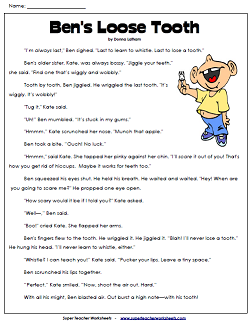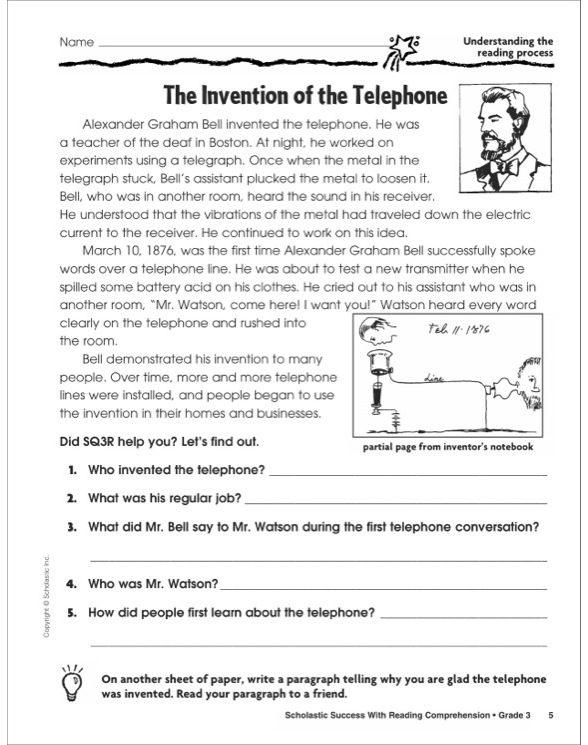When do you survey the text?
Before reading , during reading, or after reading?
Before reading
When do you make a prediction?
Before reading , during reading, or after reading?
Before reading
When do you annotate the text?
Before reading , during reading, or after reading?
During reading
When do you DISSECT when taking a test?
Before reading , during reading, or after reading?
After reading. You dissect the questions in the test
When do you find evidence in the text?
Before reading , during reading, or after reading?
After reading. You find the evidence to support an answer to a question
What do you do when you read the title?
Circle it!
No! Your prediction should be short and should only take you about 10 seconds to complete
What does it mean to annotate a text?
It means you are taking notes while reading.
What do you circle and underline when dissecting a question?
Circle and underline key words in the question
What do you do when you find the evidence to an answer in the text?
Underline it and put the question number next to it.
Is there anything else you need to look at other than the title when you survey the text?
Text features!
Why is it good to make a prediction before reading the text?
Making predictions is a good reading strategy. When you make a prediction before reading, it allows you to pay closer attention to the details in the text because you're trying to see if your prediction is right or wrong while you read.
Do annotations help you with your reading?
Yes, annotations help you to use a reading strategy while reading. It helps you understand the text better.
What do you ask yourself AFTER you circle and underline key words in a question?
"What is the question asking me to do?"
No! You only have 2 minutes per question. Use your annotations on the side of your paper to help you locate evidence quickly!
Is it good to identify the genre of the text when surveying?
Yes, there will be questions geared towards the genre; you will have an easier time identifying the text structure; and you can know what to expect depending on the genre.
What is a prediction?
When you use details to guess what the text will be about.
Are you allowed to make predictions while reading?
Yes! It shows that you're paying attention to what's happening in the text and will help you remember details
Is it important to identify the type of question you are answering?
Yes! Depending on the question, there are strategies on how to answer them. For example, if you are answering a vocabulary question, you will need to go back in the text to use context clues to answer the question.
Does every question have evidence to support it?
Yes! However, sometimes the evidence can be in the question if there is an excerpt (piece of the text) in the question.
How would you survey this text?

Students should circle the title and look at the text features in the text.
What prediction would you make for this text?

Students should describe something similar to a boy named Ben who lost his tooth and was excited for the tooth fairy.
Write a GIST for the paragraph below:
Alexander Graham Bell invented the telephone. He was a teacher of the deaf in Boston. At night he worked on experiments using a telegraph. Once when the metal in the telegraph stuck, Bell's assistant plucked the metal to loosen it. Bell, who was in another room, heard the sound in his receiver. He understood that the vibrations of the metal had traveled down the electric current to the receiver. He continued to work on this idea.
Bell invented telephone while experimenting with telegraphs.
Dissect the question below:
How does the play show that the grandfather is polite?
a. He tries to eat his soup carefully
b. He wants to replace the plate he broke
c. He eats behind the oven to avoid the yelling
d. He says he's sorry even when he's not treated nicely.
Students should have circled the following key words in the question: grandfather and polite.
Students should have asked themselves: "What is the question asking me to do". Students should respond with "The question is asking me to describe what the grandfather did to make him polite/ respectful
This question is a character trait question
Find the evidence to question # 1 in the text below:

"Alexander Graham Bell invented the telephone"- Paragraph 1
Students should know that they have to underline the evidence and put the question number next to it